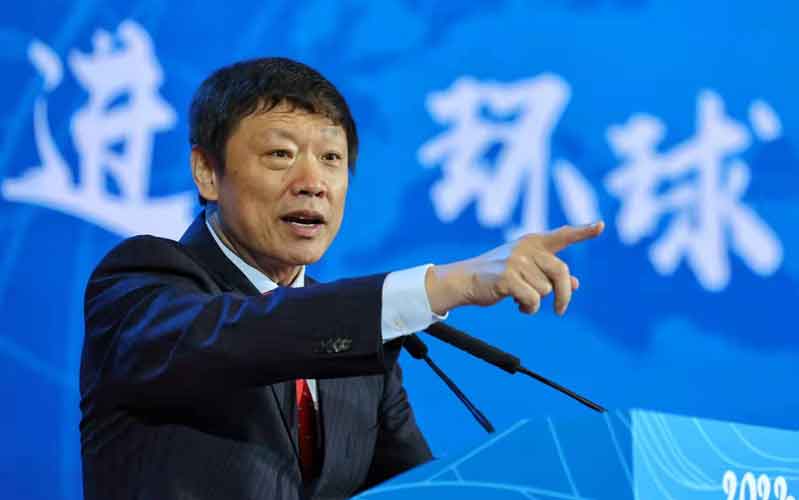Hu Xijin, the longtime leader of Global Times, the nationalistic Communist Party tabloid, and a pioneer of China’s fiery online posturing, said on Thursday that he would step back from his position.
A standout in China’s growing chorus of nationalist voices, Hu led the paper, which some have called China’s version of Fox News, for more than a decade. Under his watch, it became one of the country’s best-known, and most truculent, media organisations.
“Old Hu will turn 62 years old after the New Year, and it’s about time I retire,” Hu wrote on China’s Twitter-like Weibo social media platform, referring to himself by a popular nickname.
“In the future, as a special commentator for Global Times, I will continue to contribute to the development of the Global Times and continue to do my best for the party’s news and public opinion work,” he added.
His flair for verbal combat, in English and Chinese alike, set the tone for a new generation of Chinese pundits and diplomats who have taken to global social media to lash out at the country’s critics and rivals. Though he occasionally and lightly critiqued the party’s tightening social controls, he has been a forefront of a group determined to show the world that China will not back down.
He was among the first to respond to the international criticism about China’s vast detention of Muslims, arguing that while minorities were being held against their will, the re-education camps were a sincere attempt to educate and train them. When tensions with Australia soured last year, he likened the country to gum stuck to the bottom of China’s shoe.
More recently, he was one of the loudest voices from Chinese media trying to rebut global concern about the safety and freedom of Peng Shuai, the Chinese tennis star, after she accused a former top leader of sexual assault. He released videos showing her dining in a restaurant in Beijing.
He also lashed out at the Women’s Tennis Association and others who had expressed concern for Peng in a tweet: “They are depriving Peng Shuai’s freedom of expression, demanding that her description of her current situation must meet their expectation.”
Hu has courted criticism from those who see his strident language as unproductive. Within China, his critics sometimes called him a “Frisbee fetcher”, a party loyalist who jumps at the prompting of officials and bends the truth to inflame passions within China.
During the presidential administration of Donald J. Trump, Hu would often work late, firing off rejoinders at the US President’s tweets. Other Chinese diplomats and state media journalists followed, taking to American social media platforms blocked in China to hit back at Beijing’s critics. In the process, they have at times stirred international controversy and inflamed relations with other countries.
New York Times News Service











